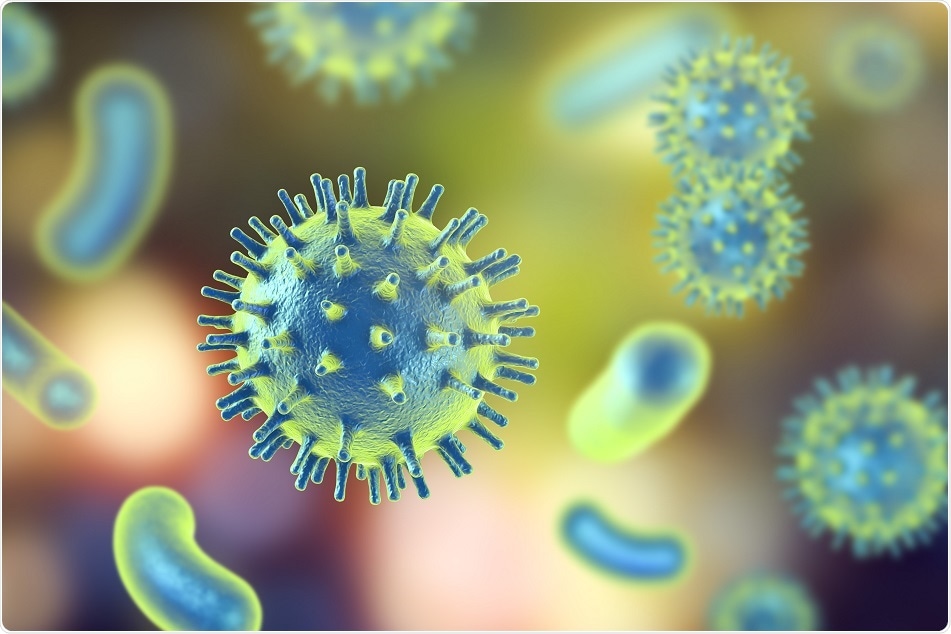Limiting the nutrient resources that pathogens depend on for replication could prevent the emergence of drug resistance, according to research findings. In a study published in Proceedings of the National Academy of Sciences, scientists have taken advantage of the competition that occurs between host pathogens to achieve successful treatment of infection with existing drugs, even when drug-resistant pathogens were present.

Credit: Maryna Olyak/ Shutterstock.com
Drug resistance emerges when pathogens develop a genetic mutation that enables them to avoid being destroyed by a drug. However, these resistant pathogens often fail to acquire resources as efficiently as drug-sensitive pathogens or they may need more of the resource.
In the absence of drug treatment, the only thing that stops resistant pathogens from spreading is competition with the pathogens that are sensitive to drug treatment. We're utilizing the natural force of competition to control the resistant ones and using conventional drugs to treat the sensitive ones."
Andrew Read, Pennsylvania State University
Read and team altered levels of a nutrient used by malaria during infection, in the drinking water of mice. Mice infected with drug-sensitive malaria were treated with traditional drugs. The nutrient was given to the mice, which caused treatment to fail in 40% of cases. Multiple tests confirmed that this was due to drug-resistant strains emerging. The team then limited this nutrient and rebound of the infection did not occur in any of the mice.
"By limiting this nutrient, we prevented the emergence of drug resistance," says lead author of the study, Nina Wale, also from Penn state University.
Wale and team then tested whether the findings were the result of parasites competing, rather any other effect of limiting the nutrient. When mice treated with the drug were infected only with resistant pathogens while the nutrient was limited, resistant parasites survived.
However, when they were infected with both resistant and sensitive parasites, the resistant parasites did not grow, even when the number of resistant parasites initially present was far greater than would usually be seen when they first emerge.
The findings point to a new study approach that could enable researchers to harness the pathogen competition that naturally occurs in a host, to prevent the emergence of drug resistance.
"Researchers already go to great lengths to identify drug resistance as a routine part of drug development. You could work the development of a resource-limiting intervention into that drug development pipeline,” says Read.
Although initial costs may go up, once that relatively small investment had been made, it may be possible to extend a drug’s lifetime. This could lead to quite a big pay-off, given the hundred million-dollars or more it costs to bring a new drug to market.
Read points out that, usually, when a physician realises there is drug resistance during infection, they do not use that drug, which is okay if an alternative option is available. “But if you haven't got another option, this is the sort of manipulation that would allow you to treat the patient even when resistance is there."